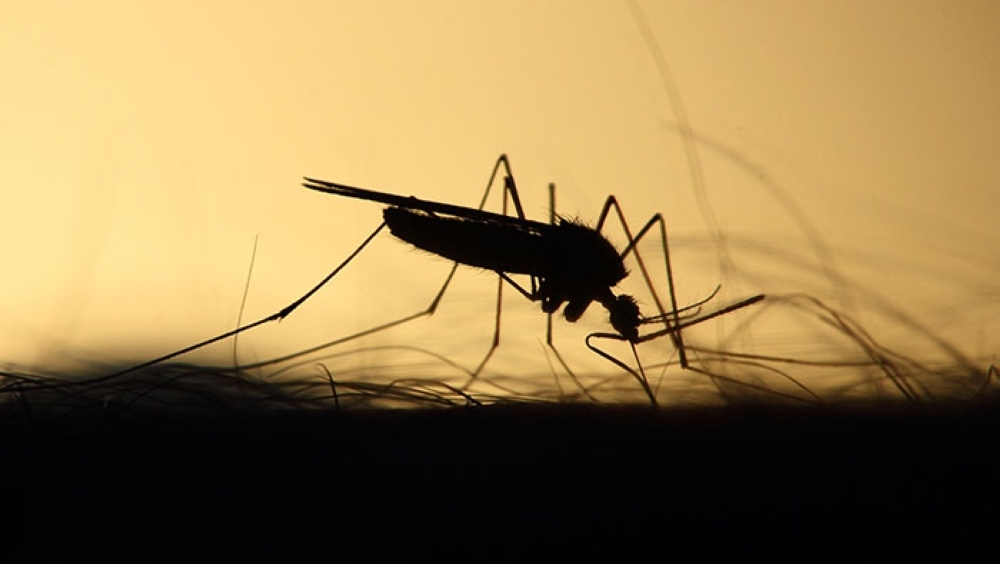
Muscat: New species of genetically engineered mosquitoes could hold the key to eradicating malaria, Microsoft co-founder and philanthropist Bill Gates has said.
Through his charitable organisation – the Bill & Melinda Gates Foundation – Gates is exploring the science behind malaria and other mosquito-borne diseases to find out how gene editing could play a pivotal role in eradicating the disease.
“What is cool about these genetic techniques is how precise they can be,” he explained. “Precision matters because out of more than 3,000 species of mosquitoes, only five are responsible for causing most cases of malaria. Of those, only females spread the disease, because they’re the only ones that bite humans.
“They do it when they need extra protein for reproduction. Experts call it ‘taking a blood meal’. The males just drink nectar,” Gates added. “The promise of gene editing is that, instead of killing a bunch of mosquitoes indiscriminately, we could eliminate only the dangerous ones in a particular area. That would buy us time to cure all the people there of malaria. Then we could let the mosquito population return without the parasite.”
Although we do have convenient small-scale methods of immediately getting rid of mosquitos, such as bug zappers and insect repellent, mosquitoes have responded to this by evolving to become resistant to these forms of elimination.
Gates also said: “Evolution is smart. It is one-upping us by creating mosquitoes that are harder to kill. In sub-Saharan Africa and parts of South America and Southeast Asia, we are seeing an alarming number of mosquitoes that can withstand insecticides. This is especially problematic for the fight against mosquito-borne diseases like malaria. To eradicate these diseases, we need new tools to complement the ones we already have.
“The promise of gene editing is that, instead of killing a bunch of mosquitoes indiscriminately, we could eliminate only the dangerous ones in a particular area. That would buy us time to cure all the people there of malaria. Then we could let the mosquito population return without the parasite,” he added.
Gates also went into some detail about how this gene editing would work. Called the CRISPR (Clustered Regularly Interspaced Short Palindromic Repeats) method, it helps in modifying the genetic material of organisms.
He explained: “One exciting gene-editing technique is called gene drive. The term covers several different approaches, but the basic idea is to use the CRISPR method to rewrite the usual rules of inheritance. Normally, for any given gene, there’s a 50 percent chance that a parent with that gene will pass it on to a child. It is competing with one from the other parent, and only one of the two can win.
“With gene drive, the odds go up to 100 percent,” he revealed. “You give a few mosquitoes an edited gene that inserts—or drives—itself into all their offspring. When those mosquitoes mate with wild mosquitoes, all their children will have the edited gene, and over time it will make its way through the entire population. Imagine if blue-eyed mosquitoes had only blue-eyed children, no matter what colour their partners’ eyes were. Eventually, every mosquito in that population would have blue eyes.”